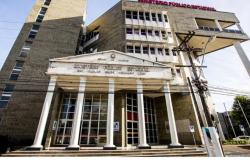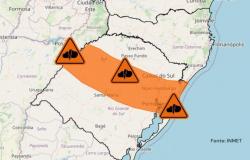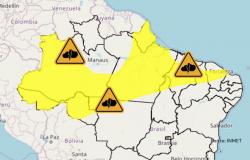
The Guyraroká indigenous community is located in Caarapó and the request for collective amnesty dates back to 2015
The violation of the rights of indigenous people from Mato Grosso do Sul, during the military dictatorship in Brazil, will reach the Amnesty Commission next Tuesday (2nd).
The historic session will analyze the request for collective amnesty from the Guarani Kaiowa people, from the Guyraroká indigenous community, located in Caarapó. This stage derives from an action by the MPF (Federal Public Ministry), which formalized the request for reparation on August 31, 2015.
The violations were recognized by the National Truth Commission, which was in Dourados and heard from members of the Guyraroká community about the territorial confinement process they suffered. It is estimated that more than 8,300 indigenous people were killed in the period as a result of state action or the inaction of the Brazilian government.
This will be the first session promoted by the body, created in 2002, to analyze possible reparations for indigenous people whose human rights have been violated. The meeting will be at 8 am (MS time), in Brasília. Attorney Marco Antonio Delfino de Almeida will represent the MPF.
During the military dictatorship, federal settlement policies forced the displacement of indigenous people, which caused deaths and the profound disintegration of the traditional peoples’ ways of life. The lands were released for occupation by third parties, who had possession of the land legitimized by property titles.
The Guyraroká area was occupied again in 2004, starting with the right-of-way of the state highway, which borders the indigenous land (MS-156) and later occupying a portion of the declared perimeter: 65 of a total of 11 thousand hectares.
Receive the main news from the State via WhatsApp. Click here to access the channel Campo Grande News and follow our social media.
Tags: Commission analyzes compensation indigenous people rape dictatorship Cities





